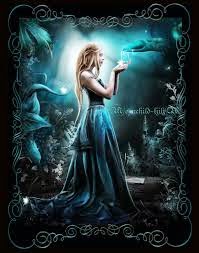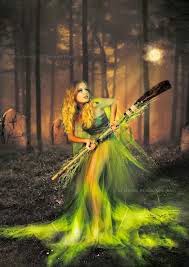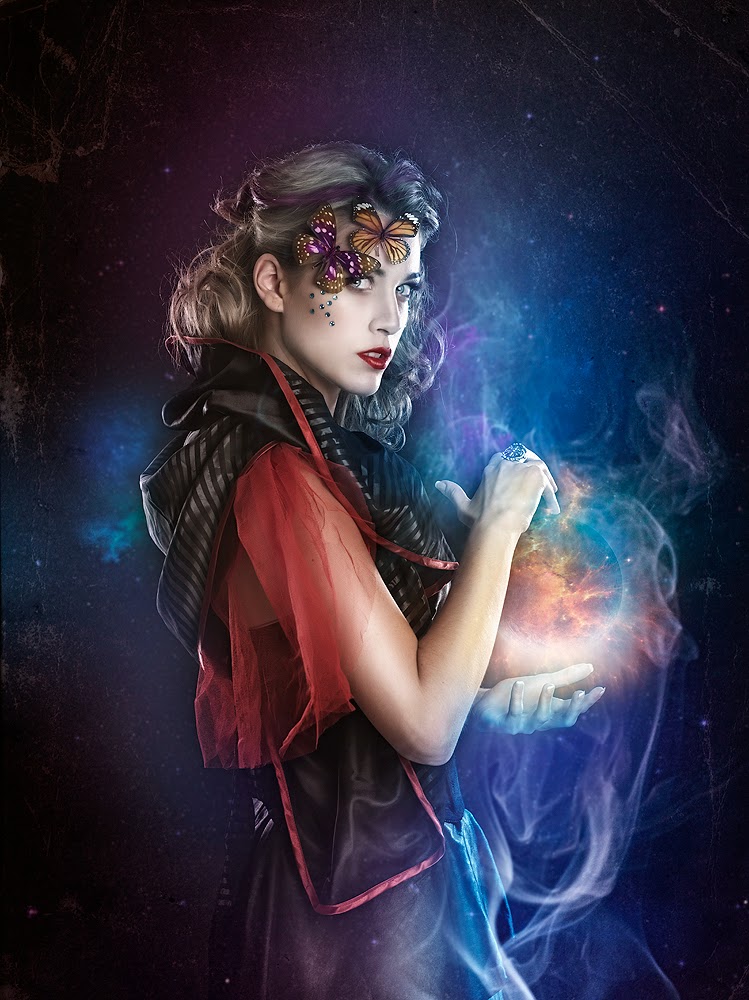A Pause In Which To Reflect

My heart has been struck again with the birth of my second child, a beautiful baby girl. I had assumed that my writing would be forgotten and pushed to the side for a couple of months whilst I focused on motherhood. But I'd forgotten that although new born babies sleep up to 18 hours a day, the same cannot be said for their mothers and so I now find myself with endless night hours that need to be filled. As you may have guessed my baby is nocturnal! I may have more time but unfortunately my poor brain is in no state to write quality stories when it only gets two hours of sleep a night. Of course this is a small price to pay for having my daughter. So I've decided to use this time to revisit some of my old stories that have yet to be published, and I'm going to be really drastic in stripping them down and rewriting them. I have no idea whether this will improve them or destroy them. However experts say the more we write the better we get, therefore my older stories...









